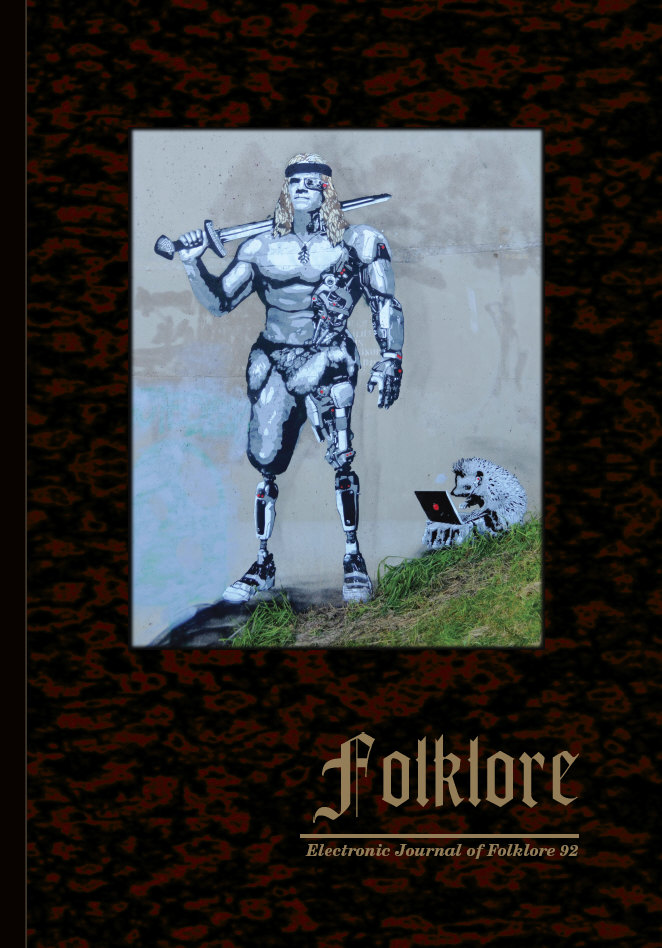An Archetypal Analysis of the Queen Mother of the West in Chinese Mythology
An Archetypal Analysis of the Queen Mother of the West in Chinese Mythology
Author(s): Caihong Zhou, Zongmei FuSubject(s): Customs / Folklore, Cultural Anthropology / Ethnology, Culture and social structure
Published by: Eesti Kirjandusmuuseum
Keywords: Queen Mother of the West; myth; archetypal theory; the Great Mother;
Summary/Abstract: Amongst all the goddesses in ancient China, the Queen Mother of the West (Xiwangmu) represents the most multi-layered mother archetype with the richest connotations. Through a longitudinal literature review, this paper aims to explore different facets of the Queen Mother of the West as a representation of the Great Mother archetype in Jungian psychology. In ancient China, she was a supreme goddess controlling the order of the universe. Her residence, Mount Kunlun, is capable of nourishing and devouring life. She possesses the elixir of life and controls the punishments of the world. Thus, the Queen Mother of the West is transformed into a deity of both life and death. In the funeral rituals of the Han and Tang dynasties, she was a goddess who summoned the dead and led their spirits to heaven, while in folklore she was a mythical Muse for many emperors and the anima of many intellectuals. She is the mother of reincarnation and the eternal spirit. As a symbol for instinct, archetype and femininity in the collective unconscious, the Queen Mother of the West embodies both the positive and negative aspects of the mother archetype: the positive being the persona of the Great Mother and the negative being the shadow. At the ultimate stage of spiritual development, she acts as the anima and the transcendent Holy Virgin in ancient Chinese culture.
Journal: Folklore: Electronic Journal of Folklore
- Issue Year: 2024
- Issue No: 92
- Page Range: 167-184
- Page Count: 18
- Language: English

